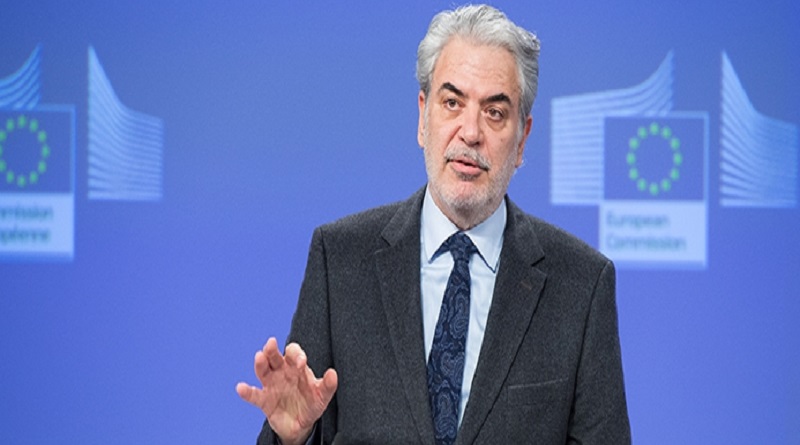EU proposes new approach to better support displaced people through its external action
The European Commission set out a new strategic vision on Tuesday regarding how its external action can best support refugees and displaced people in long lasting crises. The aim of this new approach, outlined in the Communication “Lives in Dignity: from Aid–dependence to Self-reliance”, is to prevent refugees and displaced people relying only on emergency humanitarian type assistance. It looks at ways to help them become more self-reliant in the countries where they reside.
The proposal comes as crises are becoming longer in their duration, with the Syrian crisis being a prime example as it has now entered its sixth year. Worldwide, there are more than 60 million people who have been displaced from their homes, sometimes for decades on end.
EU Commissioner for Humanitarian Aid and Crisis Management, Christos Stylianides, said: “Long lasting crises have become the new normal, yet they are often managed in old ways. Refugees and displaced people do not only need our emergency help but also long term perspectives and hope for the future. Humanitarian aid can save lives and provide basic essentials, but it’s not a long term solution. We must take steps to end long-term dependence on emergency assistance and help people become more self-reliant and resilient, with access to education and livelihood. Refugees need to be given greater opportunities to realise their full potential for their own futures and for the welfare of their host societies.”
EU Commissioner for International Cooperation and Development, Neven Mimica added:”We need to strengthen our synergies between humanitarian and long term development because they complement each other. This can be achieved by encouraging stronger cooperation between host governments, international donors, humanitarian and development actors, local communities, civil society, the diaspora and displaced people themselves. With the right conditions in place, refugees and displaced people can make positive social and economic contributions by, for instance, expanding markets, importing new skills, and increasing demand for food and services.”
EU Commissioner for Neighbourhood Policy and Enlargement Negotiations, Johannes Hahn, said: “The Syrian conflict and its devastating effect on the population has resulted in a displacement of epic proportions. We need to use this experience to adapt our policies, both internal and external, to ensure dignity and hope to those who have been forced to leave their homes in search of safety. We have mobilised considerable resources, including innovative measures like the EU-Syria Trust Fund, but the needs are even greater and need to be addressed with a sustainable, long-term approach”.
The policy framework highlighted in Tuesday’s Communication will be a major part of the EU’s contribution to the World Humanitarian Summit (WHS) on 23-24 May 2016 and contribute to the implementation of the Sustainable Development Goals.
SOURCE: European Commission




